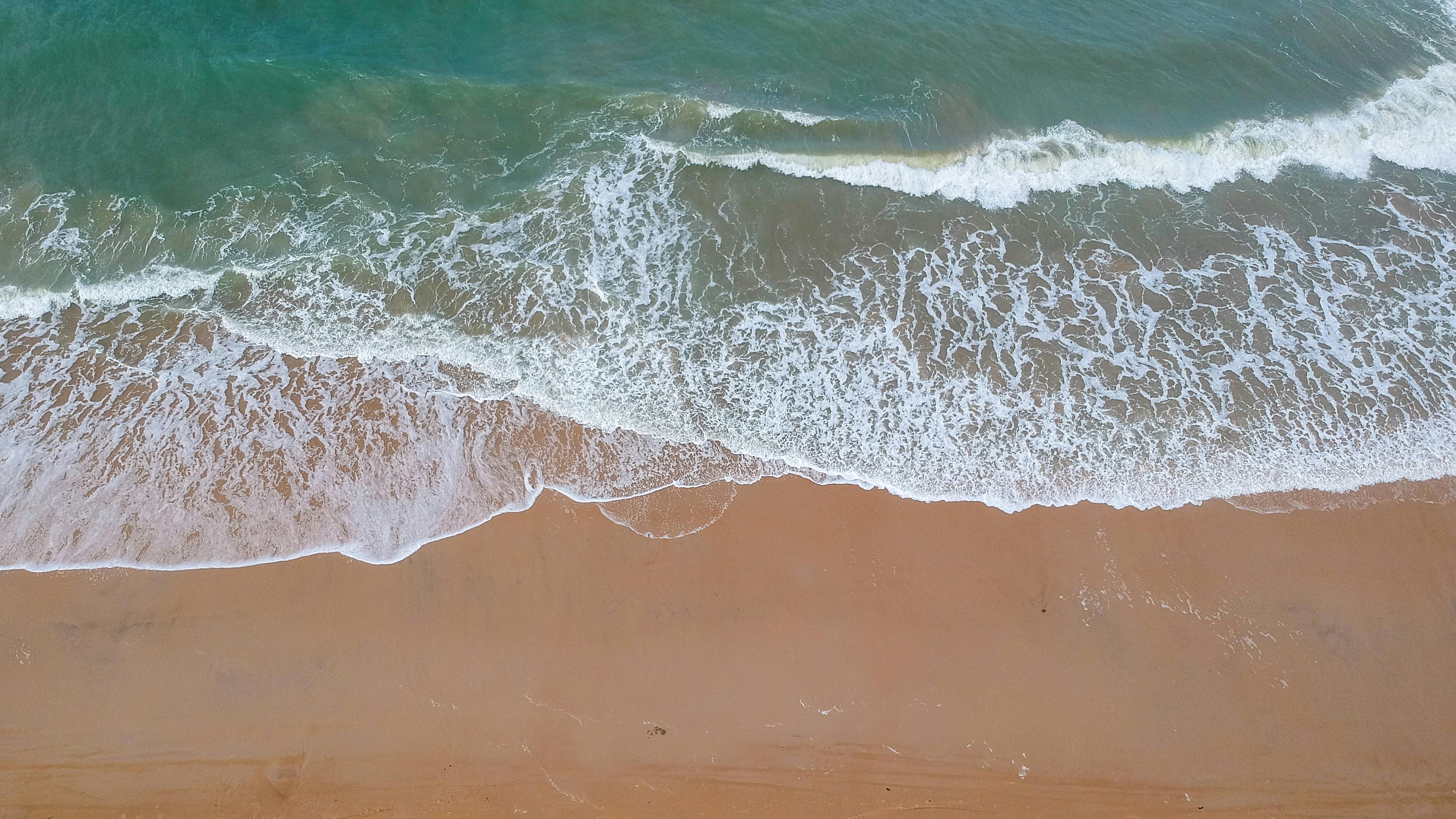Distilled water is a type of purified water that has had all of its impurities removed through a process called distillation. Distilled water is often used for drinking, cooking, and medical purposes as it is free from most contaminants. Knowing whether or not water is distilled can be difficult as there are no visible signs to indicate this. In this article, we will discuss how to identify if the water you are drinking or using is distilled.Distilled water is water that has been purified through a process of distillation, in which steam from boiling water is condensed and collected in a clean container and any impurities remain in the original container. Distilled water has no minerals or other impurities, and it is often used for drinking, cooking, and other household applications.
How to Tell if Water is Distilled?
Distilled water is water that has been purified through a distillation process. This process removes all impurities, bacteria, and other contaminants from the water. Knowing whether your water is distilled can be important for many reasons, including ensuring that you are drinking safe and clean water. There are several ways to tell if your water is distilled, so you can be sure that it is safe to drink.
The first way to tell if your water is distilled is by looking at it. Distilled water should be clear and free of any sediment or particulates. If the water has an off color or a murky appearance, it may not be distilled. You can also smell the water; distilled water should have no smell as all impurities have been removed during the distillation process.
Another way to tell if your water is distilled is by testing it with a TDS meter. A TDS (total dissolved solids) meter measures the amount of dissolved solids in a liquid, such as minerals and salts. Distilled water should have a very low TDS reading, usually around 0-5ppm (parts per million
Benefits of Drinking Distilled Water
Distilled water has numerous health benefits. It is pure and free from contaminants, making it suitable for drinking. It is also free from minerals and other substances that can affect the taste of tap water. Distilled water is also a good choice for those who have sensitivities to certain minerals or chemicals found in tap water. Many people believe that drinking distilled water can help improve digestion, reduce the risk of certain diseases, and even help to detoxify the body.
One of the most significant benefits of drinking distilled water is its purity. By removing contaminants, pollutants, and other unwanted substances from the water, distilled water can provide a much safer option than regular tap water. Additionally, it does not contain any minerals or other substances that can alter its taste or cause adverse reactions in some individuals.
Another benefit of drinking distilled water is its ability to improve digestion. Since distilled water does not contain any minerals or other substances that can affect digestion, it can help to improve nutrient absorption in the body. This can make it easier for the digestive system to break down food and absorb essential nutrients more efficiently. Testing for distilled water at home is a simple yet important process. Distilled water has a variety of uses and it is important to make sure that it is pure and free from contaminants. Fortunately, there are several different methods of testing for distilled water at home, some of which are simple and easy to do. One of the most basic ways to test for distilled water at home is to use a pH strip or litmus paper. These strips contain a dye that will change color when it comes into contact with distilled water. The change in color can then be compared to the chart that comes with the strips or litmus paper in order to determine the exact pH of the sample. Another method of testing for distilled water at home is to use a conductivity meter. This type of meter measures how well electrical current flows through a solution, such as distilled water. If the meter reads zero, then it indicates that there are no ions present in the sample, indicating that it is indeed distilled water. Finally, another way to test for distilled water at home is by using an indicator solution such as phenolphthalein Distilled water is sometimes described as “flat” or “bland” because it lacks the minerals that give natural water its characteristic taste. It’s usually odorless and colorless, and it has a slightly sweet taste. It’s commonly used in many industrial settings due to its purity, and it’s also used in some medical settings for its cleanliness. Some people drink distilled water for hydration, although it doesn’t contain any essential minerals and can leave a person feeling dehydrated. The taste of distilled water can be described as being slightly sweet with no other distinct flavor notes. It’s not particularly pleasant or unpleasant; it simply has no distinctive flavor. Many people find the taste unappealing because of its lack of character, but others enjoy the fact that they don’t have to worry about the presence of contaminants in their drinking water. Distilled water is often used to make coffee or tea because the lack of minerals won’t interfere with the flavor of the beverage; however, many people don’t enjoy drinking distilled water on its own due to its lack of flavor. Distilled water is a type of purified water that has had both impurities and minerals removed. It is achieved by boiling the water and then condensing the steam into a clean container, leaving most of the solid contaminants behind. Because of this, it is considered one of the purest forms of water available. Distilled water has many potential health benefits, including reducing the risk of certain diseases, and it is generally safe to drink. Distilled water is free from many harmful contaminants that can be found in other types of drinking water, such as lead, arsenic, and chlorine. It can also help reduce the risk of developing certain diseases such as kidney stones and gallbladder stones, which are caused by a buildup of calcium or other minerals in the body. It may even reduce your risk for certain types of cancer due to its lack of contaminants. While distilled water is generally safe to drink, there are some potential health risks associated with it. For example, since it lacks minerals like calcium and magnesium that our bodies need for proper functioning, drinking large amounts of distilled water over an extended period could potentially lead to mineral deficiencies Distilled water is water that has been boiled and then condensed back into liquid form. The boiling process removes any impurities such as minerals, salts, metals, and other contaminants from the water. Regular tap water is water that has been treated with chemicals to remove harmful bacteria and other contaminants but may still contain some minerals and salts. Distilled water is often used for medical purposes because it does not contain any additional chemicals and is free from contaminants. It is also used in industrial processes where clean water is required such as car batteries, steam irons, aquariums, and humidifiers. Regular tap water contains chlorine and other disinfectants added by municipalities to make it safe for drinking. It also contains trace amounts of minerals like calcium, magnesium, sodium, and potassium which can be beneficial for a healthy diet. However, these trace amounts can be harmful in high concentrations which can be found in hard water. The main difference between distilled and regular tap water lies in their purity levels. Distilled water has been purified through a process of boiling while regular tap water still contains some contaminants as well as minerals. Additionally, distilled water Yes, you can make your own distilled water at home. Distillation is a process that removes impurities, such as salts and minerals, from water by boiling it and then collecting the steam. Distilled water is purer than tap or bottled water, as it has been stripped of all its minerals and impurities. Making your own distilled water at home is actually quite easy, and all you need are a few simple items. To make your own distilled water at home, you will need a large pot or kettle with a lid, some ice cubes, and a clean container to hold the collected distilled water. First, fill the pot or kettle with tap or spring water and place it on the stove over high heat. Once boiling has begun to occur, place the lid upside down on top of the pot or kettle so that any steam created will be trapped inside. Take some ice cubes and place them on top of the lid—this process helps to condense the steam back into liquid form. Once there is enough condensation built up on top of the lid for you to collect, carefully remove it from the Distilled water is an important component of a healthy lifestyle. It is used for drinking, cooking, and even cleaning. Knowing how to test your water for purity can help ensure that you are providing your family with the best quality drinking water possible. The most reliable method to determine if water has been distilled is to use a distiller. However, if you do not have access to a distiller, you can use simple tests such as boiling, pH testing strips, or conductivity testing strips to determine the purity of your water. Overall, it is important to make sure that the water you are consuming is pure and free of contaminants. Testing for distilled water can help you ensure that you and your family have access to clean and safe drinking water.What Does Distilled Water Taste Like?

Is Distilled Water Safe to Drink?
Distilled Water vs Regular Tap Water
Can I Make My Own Distilled Water at Home?

Conclusion

